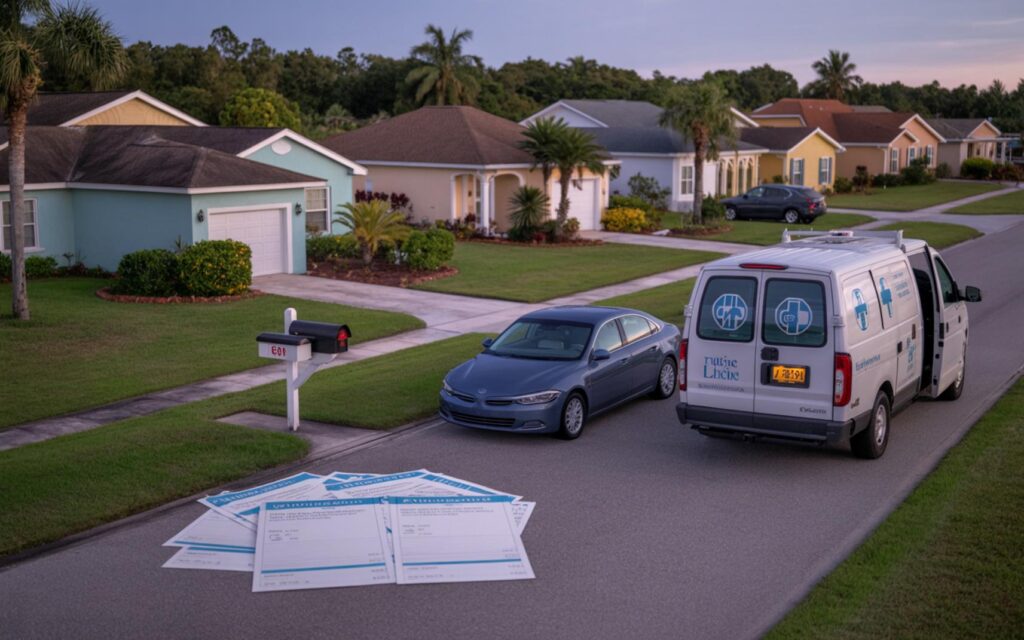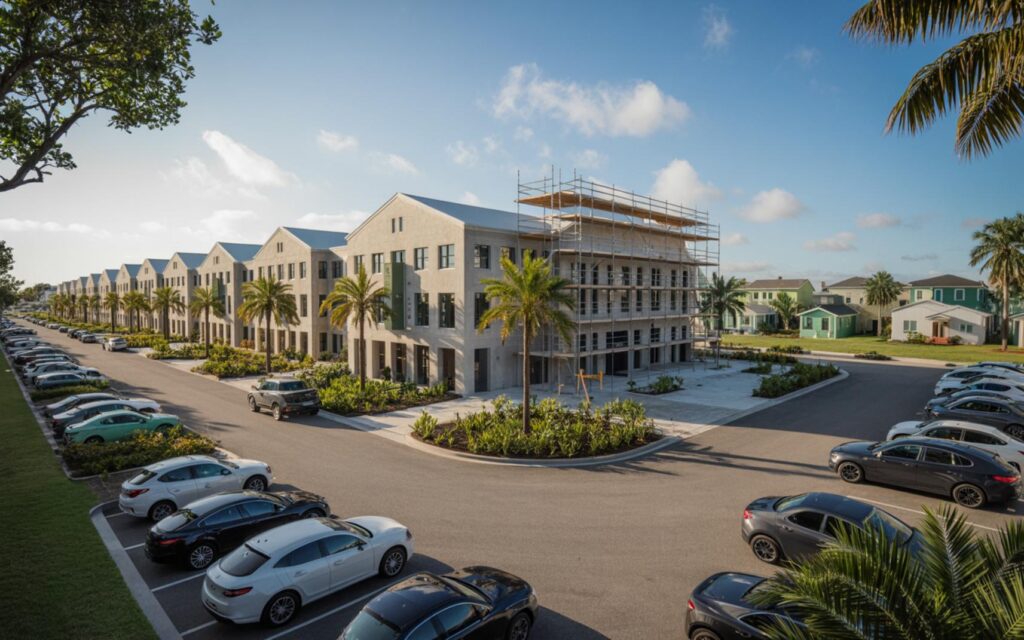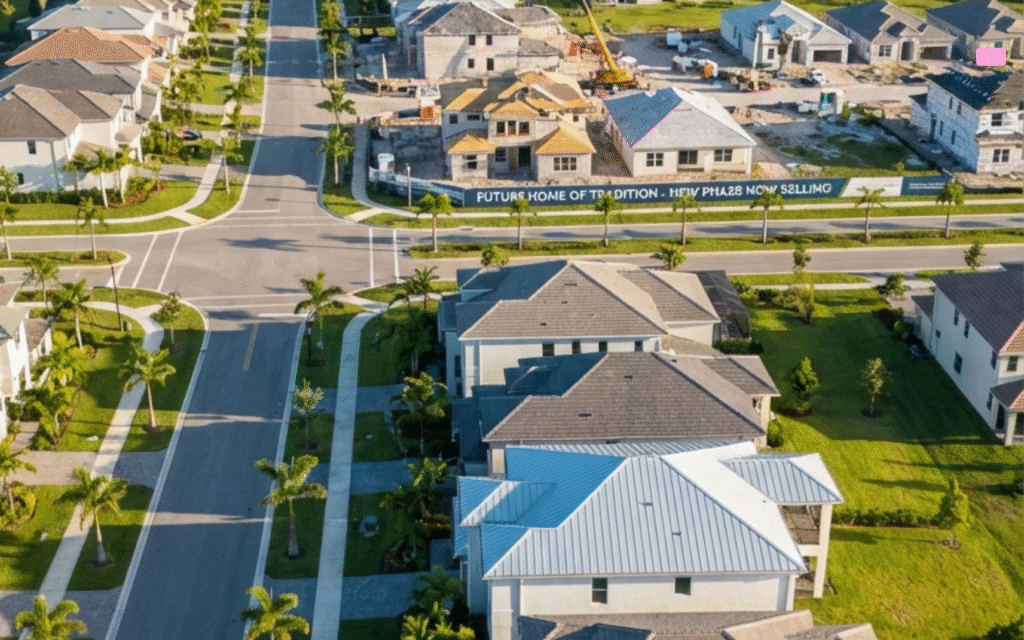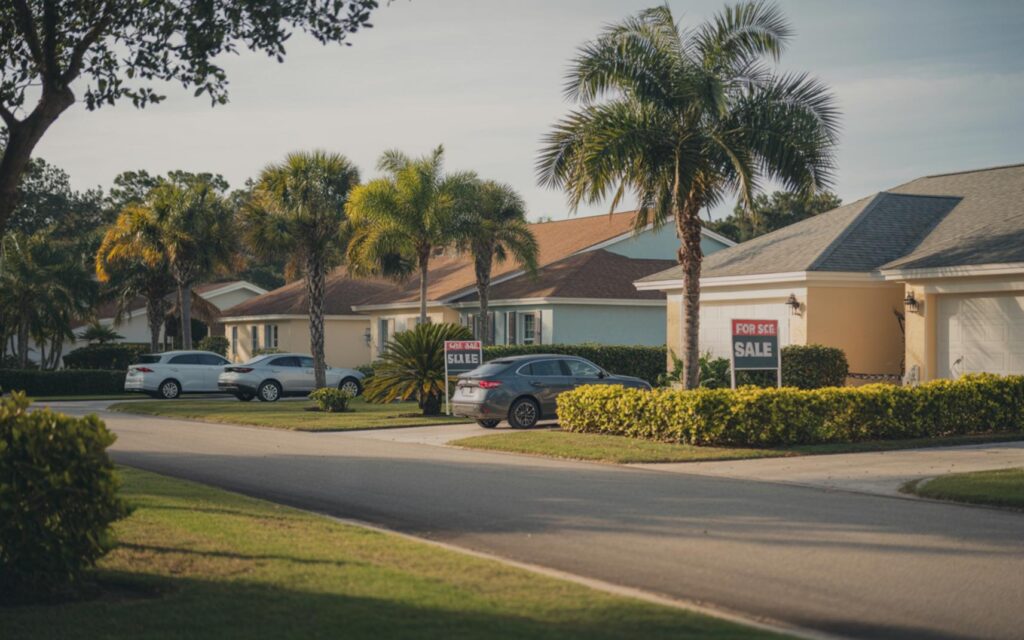Florida Medicaid expansion remains a central issue in state healthcare policy, shaping access to coverage for hundreds of thousands of low-income residents. The ongoing debate over whether to expand Medicaid under the Affordable Care Act (ACA) affects eligibility, funding, and the state’s healthcare system.
Current Status of Medicaid in Florida
Medicaid in Florida has not been expanded under the ACA. According to the Florida Agency for Health Care Administration, eligibility is limited compared to states that have expanded Medicaid. The program primarily covers seniors, individuals with disabilities, low-income children, pregnant women, and caretaker relatives of minors.
Many low-income adults, especially those without children, remain ineligible for Medicaid in Florida. This creates a significant coverage gap for residents who earn too much to qualify for Medicaid but too little to access federal subsidies for private insurance.
Who Is Covered by Florida Medicaid?
- Seniors and individuals with disabilities
- Low-income children
- Pregnant women
- Caretaker relatives of minors
Childless adults and many working adults are not eligible for Medicaid in Florida, according to the Florida Department of Children and Families.
Medicaid Expansion and the Coverage Gap
The ACA allowed states to expand Medicaid to adults earning up to 138% of the federal poverty level. Expansion comes with significant federal funding support. Florida has chosen not to expand Medicaid, citing concerns about long-term costs and the reliability of federal funding.
Estimates indicate that Medicaid expansion could provide coverage to between 800,000 and 1 million additional Floridians. Without expansion, about 4.6 million residents are projected to be enrolled in Medicaid by 2029. With expansion, enrollment could rise to between 6.7 and 7.1 million, or roughly 28–30% of the state’s population, according to the Kaiser Family Foundation.
Who Falls Into the Coverage Gap?
Many Floridians in the coverage gap earn too much to qualify for Medicaid but not enough to receive federal subsidies for private insurance. This group often consists of working adults in low-wage jobs without employer-sponsored coverage.
Legislative Efforts and Political Developments
Legislative efforts to expand Medicaid in Florida continue. Bills have been filed in recent years to extend eligibility to more low-income adults. However, recent state laws and political developments have delayed any potential Medicaid expansion until at least 2028, according to the Florida Legislature.
The decision not to expand Medicaid is influenced by political, fiscal, and policy considerations. Fiscal conservatives in the state legislature have expressed concerns about the long-term sustainability of expansion and the potential impact on the state budget.
Impact on Hospitals and Healthcare Providers
Hospitals in Florida face financial pressures due to federal Medicaid payment cuts and capped supplemental payment programs. According to the Florida Hospital Association, the state avoided some costs by not expanding Medicaid, but hospitals still face challenges from uncompensated care.
Nationally, hospitals are projected to lose a substantial portion of Medicaid payments over the next decade. These losses could affect the financial stability of Florida’s healthcare system, especially in areas with high numbers of uninsured residents.
Uncompensated Care and Financial Strain
Hospitals often provide care to uninsured patients without reimbursement. Without Medicaid expansion, the burden of uncompensated care remains high, impacting hospital budgets and potentially limiting services.
Expert Perspectives on Medicaid Expansion
Health policy experts note that expanding Medicaid would significantly reduce the uninsured rate in Florida. Increased coverage could improve access to care for low-income adults and reduce medical debt, according to the Urban Institute.
Some analysts argue that expansion could bring billions in federal funding to Florida, reduce uncompensated care costs for hospitals, and improve overall population health outcomes. However, concerns remain about the long-term fiscal impact and increased reliance on federal funding.
Arguments Supporting Expansion
- Reduces the uninsured rate
- Improves access to healthcare
- Brings additional federal funding to the state
- Lowers uncompensated care costs for hospitals
Arguments Against Expansion
- Concerns about long-term state budget impact
- Uncertainty about future federal funding
- Potential increase in dependency on government programs
National Context and Future Outlook
Florida is one of the largest states that has not expanded Medicaid, making its coverage gap one of the largest in the country. The ongoing debate over Medicaid expansion in Florida reflects broader national tensions over healthcare access, state budgets, and the role of federal funding in state health programs.
Changes in federal law or funding formulas could further impact Florida’s Medicaid program and the number of residents at risk of losing or lacking coverage. According to the Centers for Medicare & Medicaid Services, policy shifts at the federal level may affect state decisions on Medicaid eligibility and funding in the coming years.
Frequently Asked Questions About Florida Medicaid Expansion
What is Florida Medicaid expansion?
Florida Medicaid expansion refers to the option for the state to extend Medicaid eligibility to more low-income adults under the Affordable Care Act. Expansion would allow adults earning up to 138% of the federal poverty level to qualify for coverage.
How many people could gain coverage if Florida expands Medicaid?
Estimates suggest that between 800,000 and 1 million additional Floridians could gain health coverage if Medicaid is expanded. This would significantly reduce the state’s uninsured population.
Are childless adults eligible for Medicaid in Florida?
Most childless adults in Florida are not eligible for Medicaid unless they have a disability or meet other specific criteria. The current program mainly covers children, parents, seniors, and people with disabilities.
Can you apply for Medicaid in Florida if you are a low-income adult without children?
In most cases, low-income adults without children do not qualify for Medicaid in Florida. They may fall into the coverage gap if their income is too high for Medicaid but too low for federal subsidies.
Where are the largest Medicaid coverage gaps in Florida?
The largest Medicaid coverage gaps are found in areas with high numbers of working-age adults in low-wage jobs, especially in urban and rural communities. These gaps are present throughout the state, including major cities and smaller counties.
































